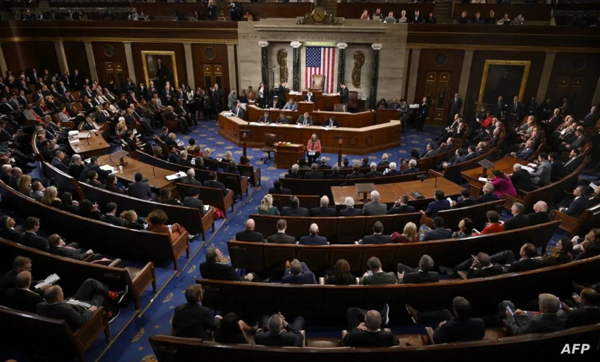
Richard Saynor, CEO of Sandoz Group AG, one of the largest manufacturers of generic drugs in the world, expressed concern about the potential negative effects of the U.S. policy of imposing high tariffs on various products, which could increase costs and limit patient access to medications.
According to Saynor, in the near future, price increases could fall on payers and ultimately on patients, which would not be beneficial for healthcare in the United States. Sandoz, like its competitors Teva Pharmaceutical Industries and Viatris, is dedicated to selling generic drugs once they lose patent protection, which reduces costs for consumers.
Sandoz plans to introduce more biosimilars, which are more affordable versions of complex drugs produced from living organisms. Despite the fact that the United States is currently not an attractive destination for new investments in the generic drug industry, the company is optimistic about sales growth this year, driven by new profitable biosimilars.
The company manufactures its products primarily outside the United States, with plants in Canada and Austria. Despite President Donald Trump's tariff proposals to encourage domestic production, Saynor believes that it does not make much sense to increase production in the country without fundamental changes in the way medications are acquired.
Regarding the company's financial results, Sandoz has experienced a significant increase in its stock value, reflecting optimism in growth prospects. Although tariffs are expected to have an impact, new biosimilar drugs continue to be a key driver of sales growth.
In conclusion, the company remains focused on expanding its presence in the generic and biosimilar markets, taking advantage of the opportunities presented by the loss of patent protection for various drugs in the coming years, which could benefit Sandoz and its competitors in the pharmaceutical industry.














